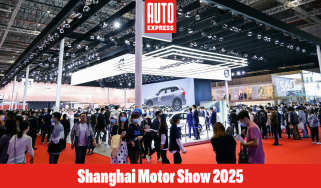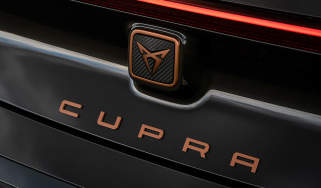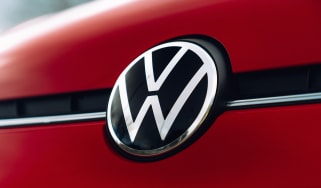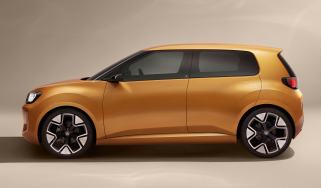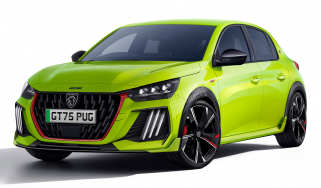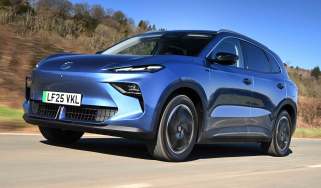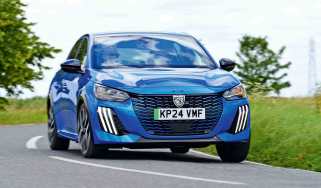Volkswagen to build 7 million MQB cars by 2018
VW wants to more than triple its output of versatile MQB-based cars before the end of the decade
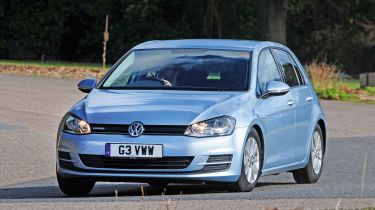
Volkswagen has confirmed its intention to make and sell more than seven million MQB-based cars by 2018. It currently manufactures around two million MQB models each year, with plans to more than triple its output by the end of the decade.
The MQB platform – which underpins a variety of cars across the Volkswagen Group – is set to expand over the coming years, with an increasing number of variants using the scalable product architecture.
Currently, everything from the Mk7 VW Golf to the new Audi TT uses MQB, with plans for smaller cars such as the next Polo – as well as bigger models like the US-only Volkswagen CrossBlue SUV – set to join the line-up soon. We also learnt that the all-new seven-seat Touran will also use an MQB setup when it goes on sale later this year.
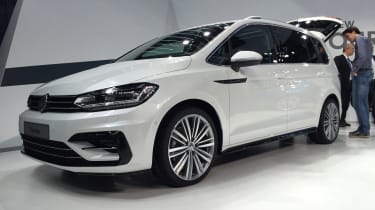
By using the versatile and flexible chassis, Volkswagen can dramatically reduce costs and introduce big car features into more mainstream models. As a result, the new Touran isn’t expected to cost any more than the current car – despite being offered with kit such as Apple CarPlay, more efficient engines and a new modular infotainment system.
Dr Heinz-Jacob Neusser, board member for VW R&D, said: “Without MQB it’s not possible for us to keep the price constant from the previous one, while putting more technology inside the car. We call it the MQB effect.
“This is what we said when we started with the new Golf. Wait some time and MQB will bring the costs down. The platform is everything – it’s steering, it’s braking, the powertrains – all these things are platform.”
In fact, the adaptability of the MQB chassis also helps meet varying market demand and cut model waiting lists. Due to the relative simplicity of the setup, any one VW Group factory can shut down its Golf production in favour of TT, or switch from Touran to Octavia – almost overnight.
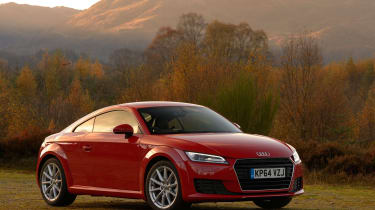
It reduces import and export costs, too – with all MQB-equipped factories capable of making each different MQB model. VW’s European plants, for example, have the ability to produce exactly the same cars as the group’s Chinese factories – and vice versa – reducing the need to ship individual models thousands of miles across the globe.
The plans to reach seven million cars by 2018 may sound ambitious, but as more models come to the end of their lifecycle and adopt MQB for their next iteration, Volkswagen will need to ramp up production around the world. Across VW, Audi, Skoda and SEAT, the company already intends to piece together four million MQB-based models annually by the end of 2016.
What do you think of VW’s plan for domination of the global car market? Would it put you off buying a sports car or SUV, if you knew it was based on a Volkswagen Golf?
Find a car with the experts

